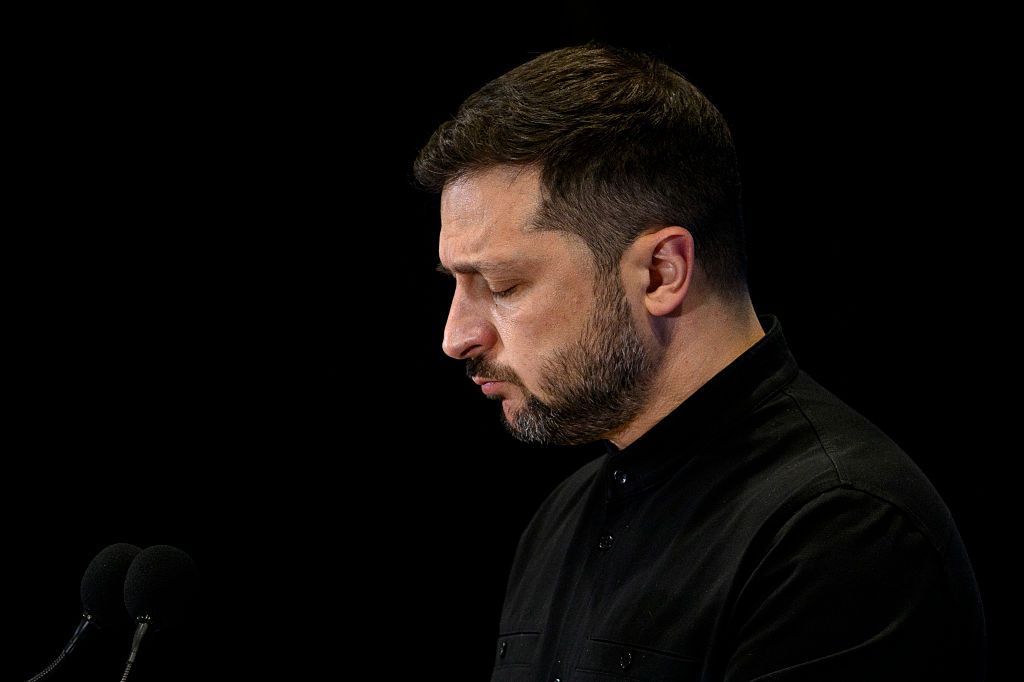Russia could be ready for 'confrontation with Europe' by 2027, Polish prime minister says

Russia will likely be ready for a potential military confrontation with Europe within the next two years, Polish Prime Minister Donald Tusk said on July 25.
Speaking after talks with General Alexus G. Grynkewich, NATO's Supreme Allied Commander Europe and head of U.S. European Command, Tusk said the general confirmed that Moscow could reach military readiness for a confrontation with Europe as early as 2027.
"He (Grynkewich) confirmed American expert predictions," Tusk said. "Russia will be ready for confrontation with Europe — and therefore with us — as early as 2027."
Tusk's comments align with earlier warnings from Ukrainian and Western intelligence. While acknowledging the growing threat, the Polish prime minister urged calm and preparation.
"There is no reason to scare each other, but we have to be really vigilant and focused," he said.
Ukrainian foreign intelligence chief Oleh Ivashchenko said in May that Russia could restore its combat capabilities within two to four years after the end of its war against Ukraine.
President Volodymyr Zelensky has repeatedly cautioned that unchecked Russian aggression in Ukraine could eventually spill into NATO territory. Poland, which borders Belarus and Russia's militarized Kaliningrad exclave, would likely be on the front line of such a conflict.
Poland has played a critical role in supporting Ukraine, providing weapons, tanks, and ammunition. The country is also reinforcing its own defenses.
National Security Bureau head Dariusz Lukowski said in March that Poland's military could hold off an attack for up to two weeks before NATO reinforcements arrive.
Tensions between Russia and NATO have escalated sharply since the start of Russia's full-scale invasion in 2022, with European leaders increasingly warning of the risk of a broader war on the continent.











